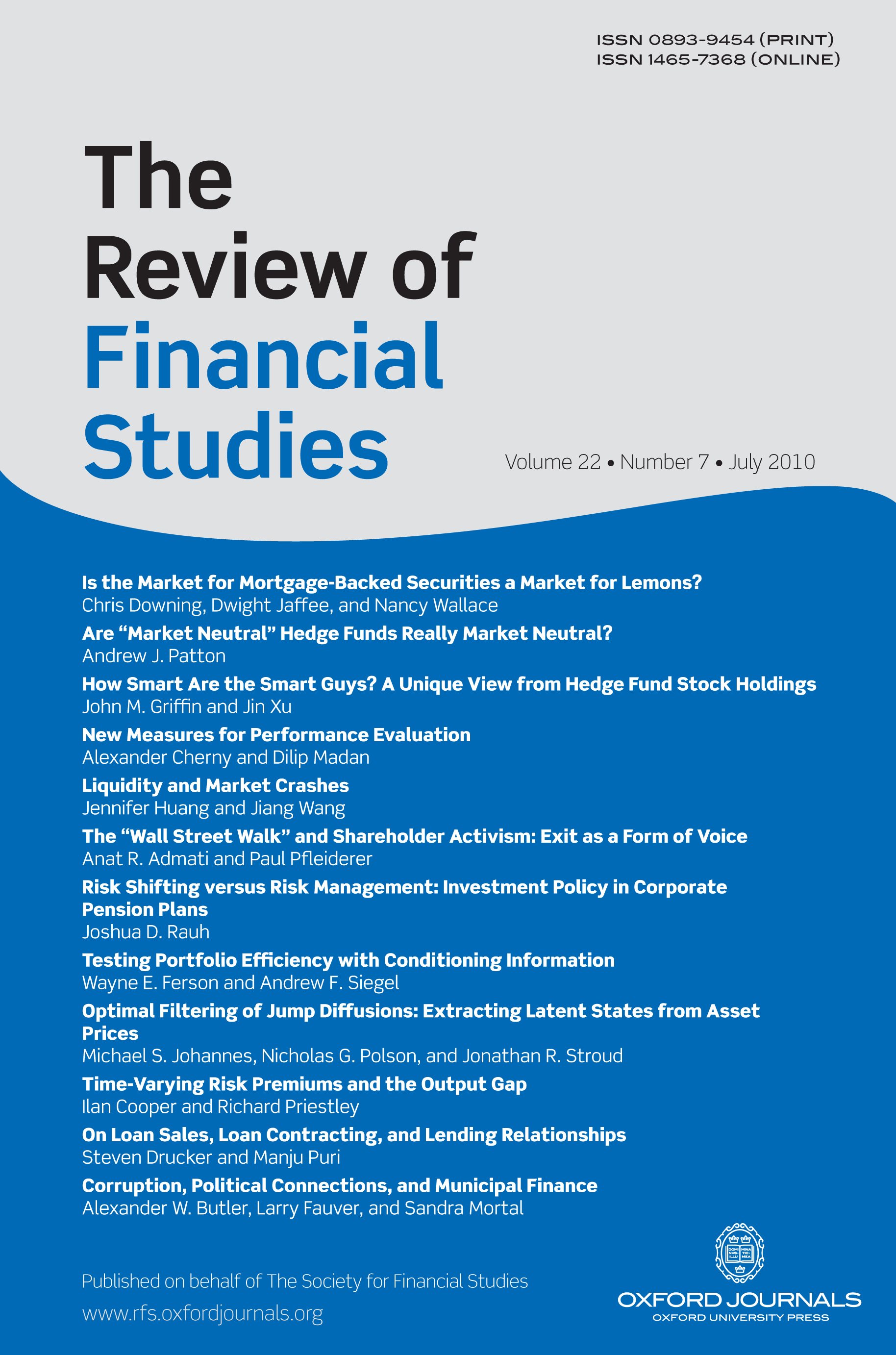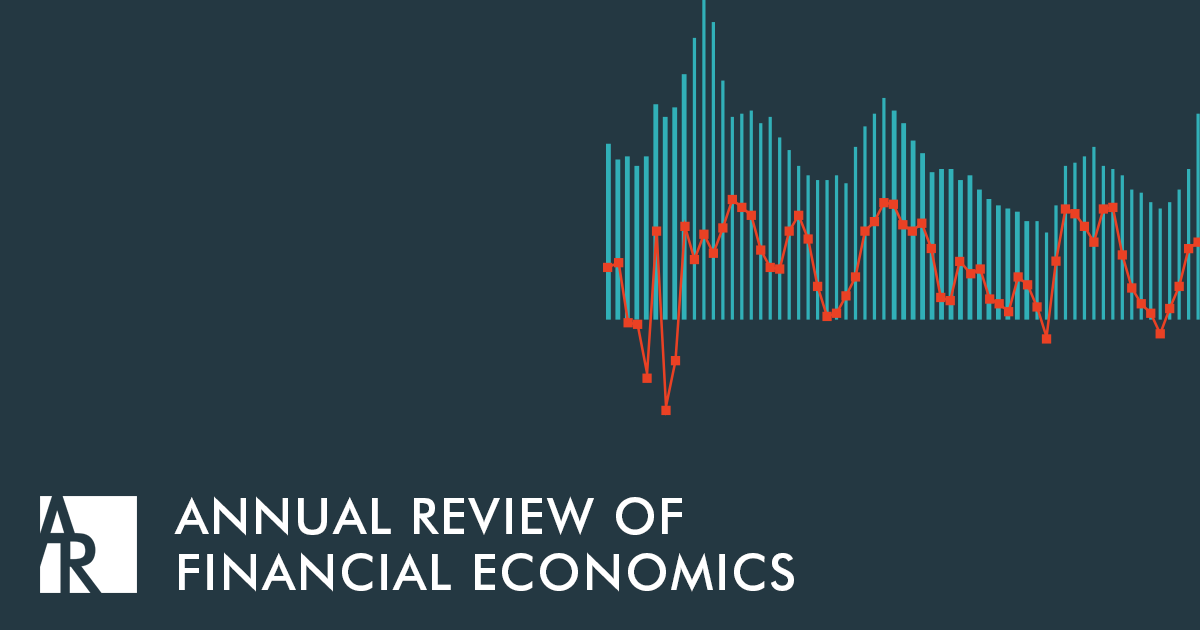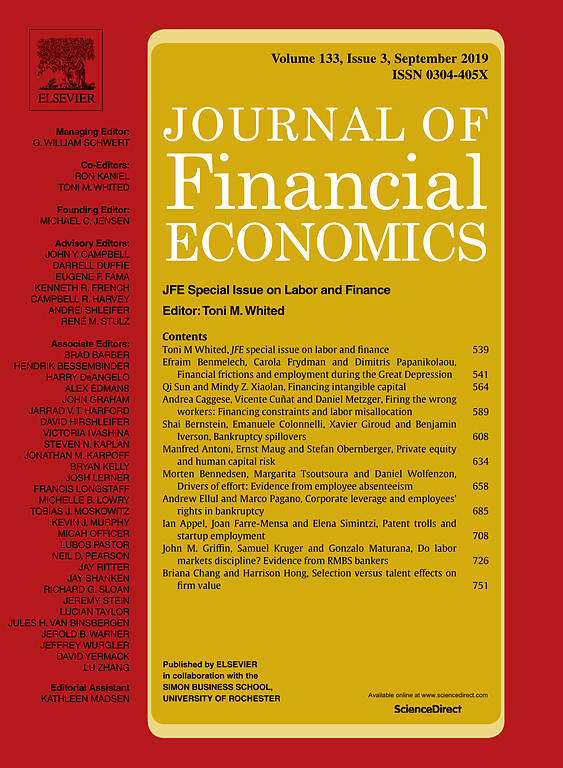Professor Shai B. Bernstein, Ph.D.
Aktuelle Position
seit 7/23
Research Fellow der Abteilung Gesetzgebung, Regulierung und Faktormärkte
Leibniz-Institut für Wirtschaftsforschung Halle (IWH)
seit 2020
Associate Professor
Harvard Business School
Forschungsschwerpunkte
- Entrepreneurial Finance
- Innovation
Shai B. Bernstein ist seit Juli 2023 Research Fellow am IWH. Ein Großteil seiner Forschung konzentriert sich auf Finanzfragen im Zusammenhang mit Neugründungen und wachstumsstarken Unternehmen sowie auf die Wechselwirkung dieser Fragen mit Innovation und unternehmerischer Tätigkeit.
Shai B. Bernstein ist Marvin Bower Associate Professor in der Entrepreneurial Management Unit an der Harvard Business School und Faculty Research Fellow am National Bureau of Economic Research (NBER).






